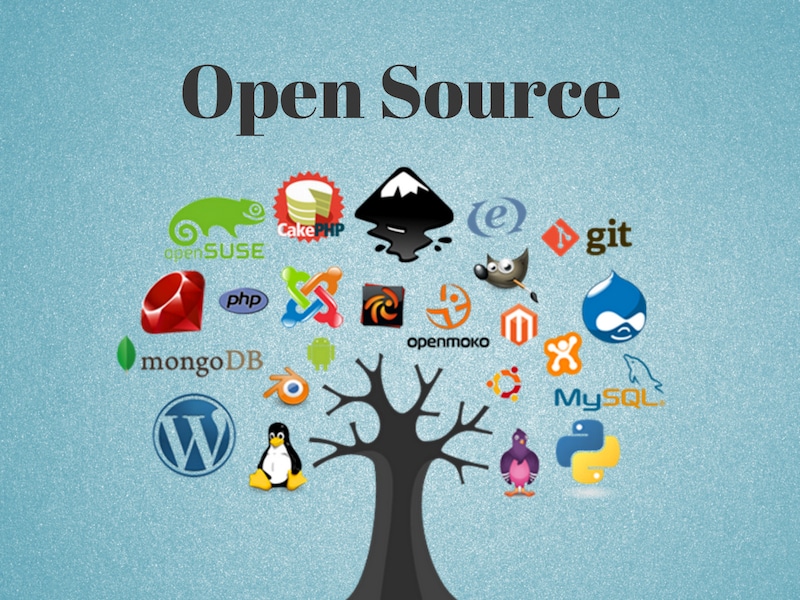Small and medium-sized businesses (SMBs) are increasingly recognizing the value of open source software (OSS) as a catalyst for growth and innovation. Unlike proprietary software, which comes with high licensing fees and restrictions, open source software offers a flexible, cost-effective alternative. With its open-access philosophy, OSS allows businesses to inspect, modify, and enhance the source code, tailoring it to their specific needs. This guide explores the advantages of open source software for SMBs, highlighting cost savings, customization, community support, security, and reliability.
Cost Savings
The most immediate benefit of adopting open source software is the significant cost savings it offers. Open source software is available at no cost, reducing the total cost of ownership for SMBs’ IT infrastructure and software needs. This affordability enables businesses to allocate their resources more efficiently, investing in other areas that can drive growth and competitive advantage.
Customization and Flexibility
Open source solutions shine in their unparalleled customization opportunities. The ability to access and modify the source code allows businesses to tailor the software to fit their unique processes and requirements. This level of customization fosters innovation and agility, enabling SMBs to adapt quickly to market changes and customer needs.
Community Support and Innovation
The open source model thrives on community collaboration. A global network of developers contributes to the improvement and security of open source projects, ensuring that the software evolves and stays relevant. SMBs benefit from this collective knowledge, accessing extensive documentation, forums, and direct support from the community. This environment of shared innovation accelerates problem-solving and introduces new functionalities, keeping businesses at the forefront of technology.
Security and Reliability
The transparency of open source code contributes to its security and reliability. With many eyes scrutinizing the code, vulnerabilities are quickly identified and patched. Moreover, the widespread adoption of popular open source tools means they are tested in diverse environments, enhancing their stability and reliability. SMBs can leverage these secure, well-established solutions with confidence, knowing they are built on robust, scrutinized code.
Examples of Open Source Tools for SMBs
- Linux offers a secure, reliable operating system alternative.
- WordPress and Drupal provide powerful platforms for website content management.
- SuiteCRM delivers comprehensive CRM functionalities without licensing costs.
- LibreOffice and OpenOffice present full-featured office suites for document management.
How DotNot Can Assist with Open Source Implementation
While open source software offers numerous benefits, navigating the plethora of available tools and managing customization can be challenging for SMBs. DotNot provides expert guidance and support in selecting, customizing, and integrating open source solutions, ensuring they align with business goals and processes. Our services include:
- Identifying suitable open source software that meets your business requirements.
- Customizing and integrating OSS into your existing IT infrastructure.
- Offering ongoing support and maintenance to ensure your open source tools remain secure, up-to-date, and effective.
Conclusion
Open source software represents a valuable opportunity for SMBs to enhance business efficiency, foster innovation, and maintain a competitive edge in the digital marketplace. By leveraging the cost-effectiveness, customization potential, and community-driven support of open source solutions, businesses can optimize their operations and drive growth. With DotNot’s support, SMBs can navigate the open source landscape effectively, maximizing the benefits of these powerful tools.




